We were doctors in the Iranian health system for years, write Kamiar Alaei and Arash Alaei for the New York Times. This is what happens when you make health policy subservient to politics.
Iran has one of the very best health care systems in the Middle East, a decentralized system with thousands of medical centers across the country that provide primary, secondary and tertiary care with an effective referral system. We worked as doctors in that system for years.
Yet at least 107 people in Iran have been killed by the new coronavirus, the largest number of deaths outside of China. The dead include a senior adviser to the supreme leader. One of the country’s vice presidents, 23 members of Parliament, the deputy health minister and several other senior government officials are among the 3,513 people officially confirmed to have been infected.
Lives could have been saved and the scale of the contagion contained if the Islamic Republic had not made health policy subservient to its politics. As the World Health Organization classified the outbreak a “public health emergency” at the end of January, we worried about Iranian authorities not being prepared and not choosing the right approach to battle the virus.
We helped expand H.I.V. prevention and care programs in Iran. The government of the early 2000s supported us, and the program to battle AIDS made great progress. In the fall of 2005, Mahmoud Ahmadinejad replaced the reformist Mohammad Khatami as the president. Mr. Ahmadinejad was suspicious of Iranians working with foreign partners, and he insisted there were no gays in Iran. Soon, restrictions on our work increased.
In June 2008, we were arrested. After a very brief trial, we brothers were sentenced to prison, for three years (Kamiar) and six years (Arash), for “communicating with an enemy government.” After our release from prison, we moved to the United States, where Kamiar had earned a master’s degree from Harvard.
Our experience made us worry about the Iranian response to health crises, especially given the sense of siege and volatility that has followed increased conflict with the United States, an economy devastated by sanctions, the brutal suppression of mass protests in November.
Iranian authorities showed no signs of being prepared to deal with a coronavirus outbreak and were dismissive of the danger it posed. On Jan 31, Iran’s neighbor Turkey canceled flights to China and started screening foreign arrivals at its airports.
Hundreds of Chinese students and junior clerics study at the seminaries at Qum, which is the most important center of theological study for Shiite Muslims from across the world and draws pilgrims to its shrines.
Iranian businessmen frequently travel to China. Hundreds of Chinese workers and engineers are employed across Iran. China is an important partner for Iran, and Tehran did not risk slighting Beijing. Flights between Iran and China continued. Iran donated one million face masks to China.
Kamiar and Arash Alaei are Iranian health-policy experts and co-presidents of the Institute for International Health and Education in Albany, NY
Read the full article from The New York Times
visit the accountability section
In this section of Iran Wire, you can contact the officials and launch your campaign for various problems




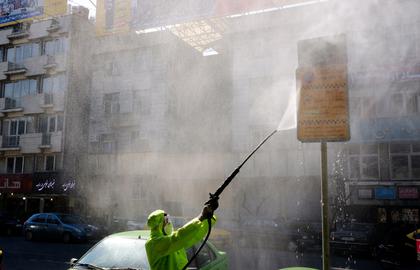

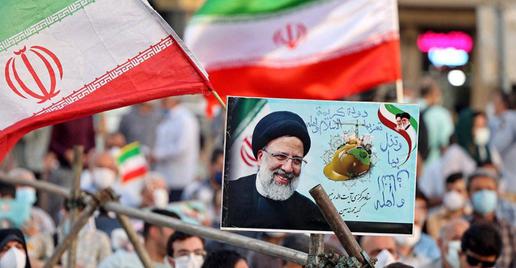


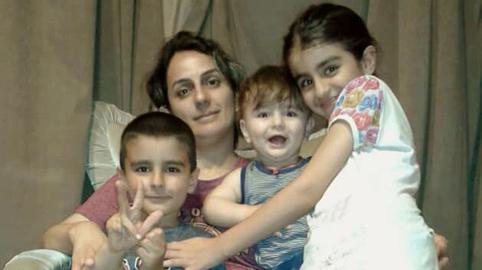
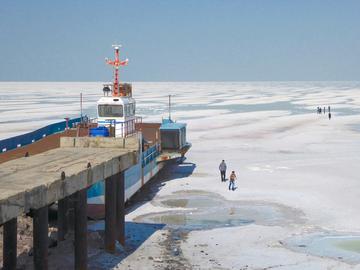
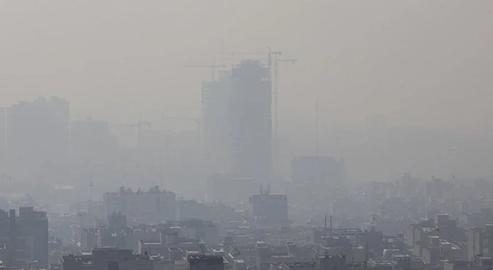
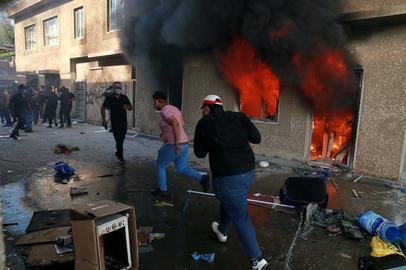

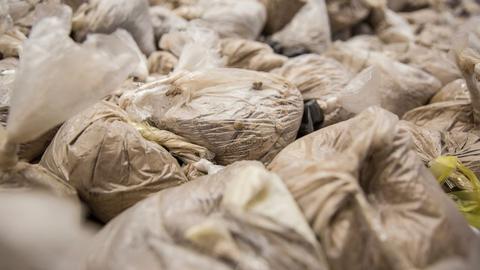
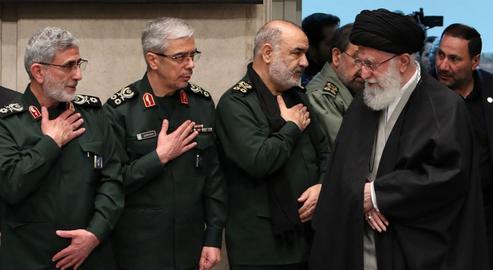
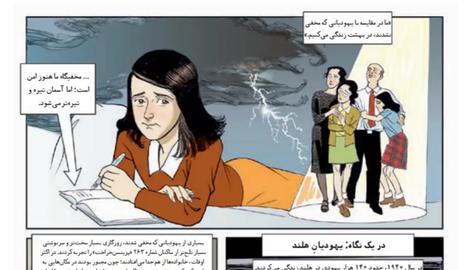



comments